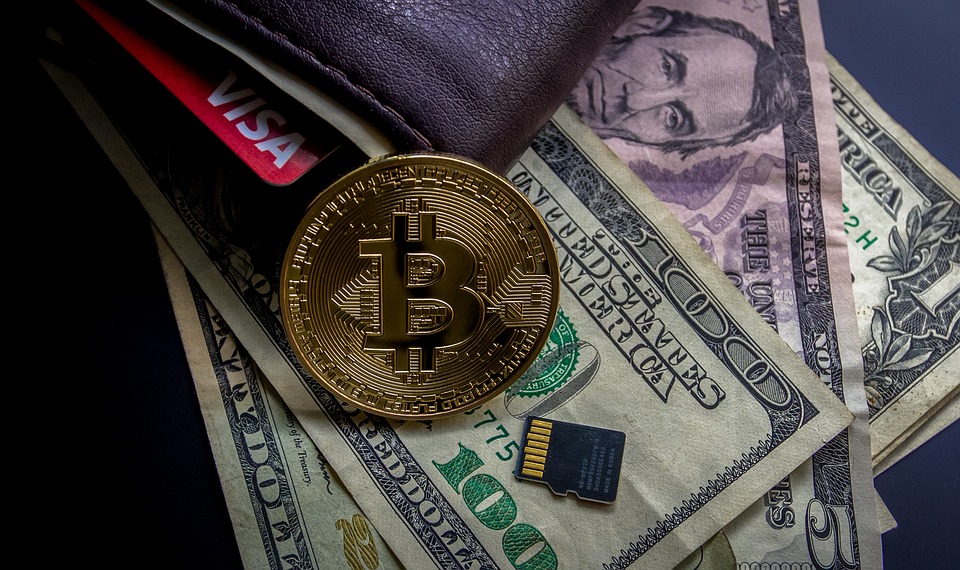Bitcoin: it’s kind of a big deal. Stories about this strange new digital currency seem to be everywhere right now, and that makes it important to understand what it is, how it works, and what it’s good for.
But what if you have no idea what it is? If you’re totally clueless, don’t worry — this primer will get you up to speed in no time. Sit down, strap in, and get ready for your crash course in understanding the oddness that is Bitcoin!
What in the World is Bitcoin?
In the world of financial technology, Bitcoin is what’s known as a cryptocurrency. It’s a digital asset that is controlled through cryptographic means. In other words, computers are used to create Bitcoin. They’re also used to maintain the Bitcoin blockchain, a ledger-like database that maintains full records of every Bitcoin ever created and every transaction ever made.
It gets more complicated than that, of course. The nitty gritty is that Bitcoin and other cryptocurrencies (of which there are plenty) live online and can be exchanged for goods and services, just like any physical currency.
A Straightforward Concept Applied in a Bizarre Way
The best way to begin understanding Bitcoin is to think about it in terms that are understandable. Yes, it’s true that it’s a completely digital currency that doesn’t exist as a physical banknote or minted coin, but the truth is that you’ve probably used digital currency without even knowing it.
Think about this: the last time you bought yourself a coffee, did you pay the barista in actual cash? Odds are that you swiped a debit card. This triggered a digital transaction; funds were moved out of your checking account electronically and sent to the coffee shop’s account. In essence, Bitcoin transactions work the same way… just with some extra steps.
Possessing Bitcoin

Just like with “real” money, you need to have a place to keep your Bitcoin before you can use it. Cryptocurrencies don’t rely on central authorities like banks to provide these services, though. Instead, you can open the equivalent of an online banking account almost anywhere in the form of what’s called a “digital wallet.” Each wallet comes with an “address”, which is essentially an account number, for sending and receiving Bitcoin to other coin holders.
These wallets come in many forms. Some are apps that you can download to your mobile device or your laptop. Others are hosted online on the web. Just like your traditional online banking account, they’re also password-protected to ensure that you’re the only one that has access to your Bitcoin. However, also like online banking, these web-based wallets are also susceptible to hacking, prompting many coin holders to keep their Bitcoin in a more private wallet.
Using Bitcoin As a Currency
What puts the “currency” in “cryptocurrency” is the fact that Bitcoin can be used to purchase things that you need or want. Since a digital wallet has the ability to both send and receives coin transfers electronically over the internet, merchants can accept Bitcoin as a currency if they so choose. Bitcoin has become increasingly popular, more and more retailers, especially e-commerce merchants, have chosen to do so.
However, even if your favorite retailer doesn’t accept Bitcoin directly, there are ways to take the Bitcoin you have and turn it into a “real world” fiat currency, like dollars or euros. You can use an online exchange service to do so, again much in the way that you would exchange your home country’s currency to something you can use while visiting a different one.
Additionally, if you want to exchange some of your fiat currency for Bitcoin, you can do that as well. In fact, that’s the easiest way to become a coin holder. The other method, which is called “mining”, requires an expensive computer that takes hours to solve cryptographical puzzles in exchange for Bitcoin.
Bitcoin Value Versus Fiat Currency Value
If you do feel the need to exchange Bitcoin for a fiat currency, be forewarned: the value of a single Bitcoin against another currency — US dollars, for example — can and does fluctuate wildly. When it was first created in 2009, a single Bitcoin was worth less than a penny. Yet the time of this writing, that same Bitcoin would be worth around $7500. Meanwhile, in December 2018 it was valued at nearly $19,000. This demonstrates the extreme volatility of the Bitcoin exchange market.
This massive fluidity has led to many would-be investors to treat Bitcoin like a security instead of a currency. Investors will play the market, hoping to buy large quantities of Bitcoin when the price is low and then cash out when the price rises high. It’s certainly a way to make a lot of money very quickly — but it’s also a great way to lose your retirement income if the market bucks in the wrong direction.
The Legality of Bitcoin
Bitcoin, and in fact cryptocurrency in general, occupies a weird legal gray area. As it’s not created or controlled by any single government or central bank, it presents difficulties to centralized authorities when it comes to things like instituting consumer protections, taxing Bitcoin-based income, and similar issues. As a result, many countries around the world have looked into creating legislation that curtails the use of the cryptocurrency within its borders.
Despite this, Bitcoin has not slowed down. Instead, it’s just spreading further around the globe thanks to its decentralized nature. Its advantages as a global currency make it versatile and offer a universal alternative to fiat currency exchanges. In fact, there are some countries that are studying Bitcoin and its underlying blockchain technology to see if there’s anything they can learn.
The Long and the Short of It
There you have it: your quick primer on Bitcoin. You now know what it is, what it does, and how it’s used, which puts you ahead of the majority of the general public. Your days of being clueless about this stuff are over now that the knowledge is yours!
Author: A professional author, editor, and freelance writer for NoStop, David DeMar became involved in cryptocurrency in 2016 shortly before the infamous hack of The DAO. He claims it’s a coincidence.



